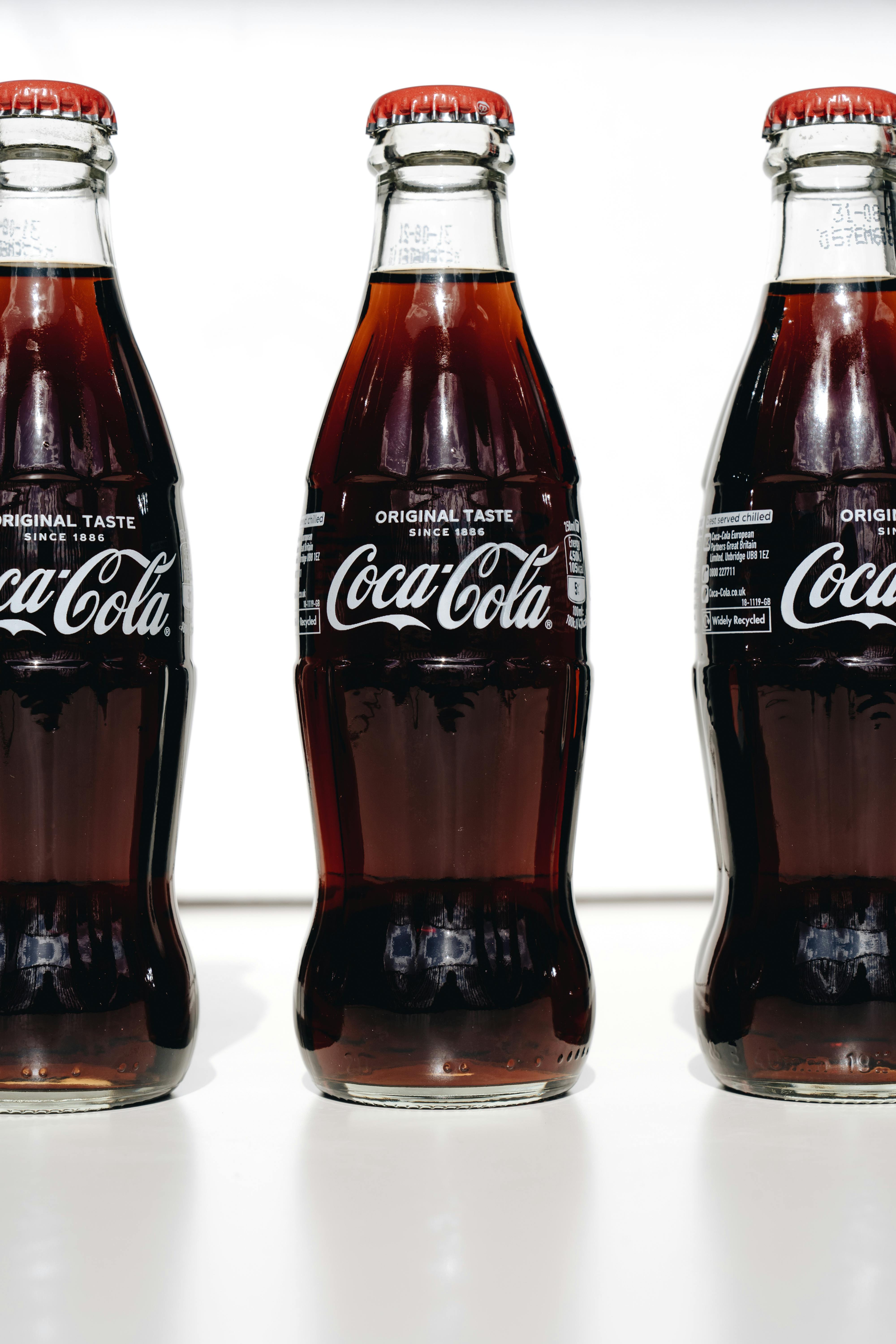Yes, Diet Mountain Dew does contain caffeine. It typically has about 54 mg of caffeine per 12-ounce (355 mL) serving.

Apply Now
Knowing how much caffeine is in Diet Mountain Dew helps consumers make informed choices about their overall caffeine intake. In this article, we’ll delve deeper into the caffeine content of Diet Mountain Dew, compare its caffeine levels to regular Mountain Dew, and discuss the health effects associated with its consumption. Understanding these factors can aid in making dietary choices, especially for those sensitive to caffeine or looking to manage their overall beverage consumption.


Understanding the Caffeine Content in Diet Mountain Dew
Diet Mountain Dew is a popular choice among soda drinkers looking for a low-calorie alternative without sacrificing flavor. One key aspect that consumers often inquire about is the caffeine content. A single 12-ounce (355 mL) serving of Diet Mountain Dew contains approximately 54 mg of caffeine. This caffeine level places it in a moderate range compared to other soft drinks. Many people enjoy the invigorating effects of caffeine, and for those who choose Diet Mountain Dew as part of their beverage lineup, it's essential to understand its caffeine levels and their implications for health and wellbeing.
Diet Mountain Dew vs Regular Mountain Dew: A Caffeine Comparison
When comparing Diet Mountain Dew to regular Mountain Dew, the caffeine content is an essential factor. Regular Mountain Dew contains about 54 mg of caffeine per 12-ounce serving, similar to its diet counterpart. This surprising similarity in caffeine levels raises the question: Why do consumers choose Diet Mountain Dew over its regular version? The answer primarily lies in the health and dietary choices of soda drinkers.The Ingredients Behind the Caffeine
Both Diet Mountain Dew and regular Mountain Dew share many ingredients, including carbonated water, citric acid, and caffeine, but differ significantly in their sugar content. Diet Mountain Dew replaces sugar with artificial sweeteners like aspartame or acesulfame potassium, drastically reducing calorie counts and sugar levels. Understanding the ingredient list of Diet Mountain Dew can help consumers grasp the trade-off involved in choosing a diet soda versus a regular one.
Exploring Health Effects of Caffeine
Caffeine can influence various aspects of health, from mood and energy levels to sleep patterns. Diet Mountain Dew drinkers often report feeling a boost in energy and heightened alertness, thanks to the caffeine content. However, it is crucial to be mindful of caffeine consumption guidelines, as excessive intake can lead to jitteriness, insomnia, and other health issues. For consumers focusing on moderate caffeine consumption, Diet Mountain Dew can be a practical option, provided it fits within their dietary limits.Nutritional Profile of Diet Mountain Dew
Understanding Diet Mountain Dew's nutrition facts can provide valuable insights for health-conscious consumers. Each 12-ounce serving typically contains zero calories and just a few milligrams of sodium, making it a calorie-free soda option compared to regular sodas. However, the sugar content in Diet Mountain Dew is also zero, which aligns with many consumers' desire to reduce their sugar intake without forgoing their favorite flavors.Benefits and Downsides of Diet Mountain Dew
While Diet Mountain Dew can serve as an enjoyable and low-calorie beverage, it's essential to consider its health implications. The use of artificial sweeteners has raised concerns among health experts and consumers alike. Research into the long-term effects of consuming artificial sweeteners suggests that moderation is vital, as some studies have indicated a link between excessive consumption and health issues. Nonetheless, for individuals looking to satisfy their soda cravings while managing calorie intake, Diet Mountain Dew presents a viable choice.